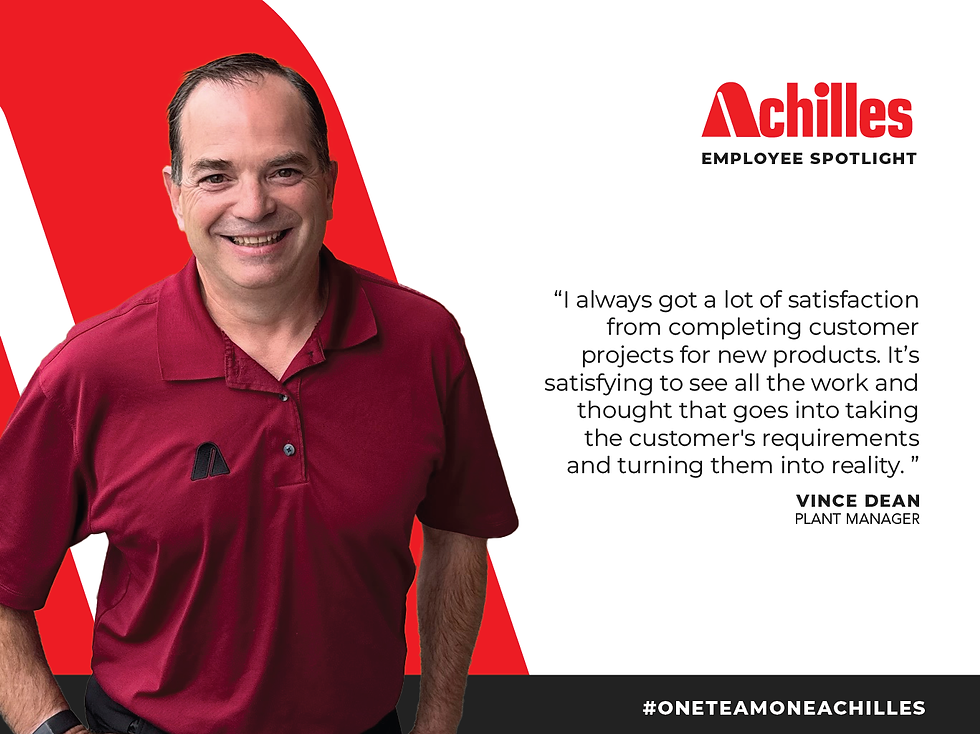Understanding UV Radiation and Its Impact on Plastic Films
- Juliana Langaro
- Jun 25
- 3 min read
Updated: Oct 7
What Does UV Radiation Do to Plastic Films?
Plastic films, especially those used outdoors, are constantly exposed to UV radiation from sunlight. Over time, this exposure can cause:
Yellowing or discoloration
Loss of tensile strength and flexibility
Surface cracking or chalking
Decreased transparency and performance
These effects not only reduce product life but can also lead to safety or aesthetic concerns in end-use applications like marine enclosures, tents, awnings, signage, and industrial curtains.
How Do UV Stabilizers Protect PVC Films?
To prevent UV-induced degradation, manufacturers incorporate UV stabilizers and antioxidants directly into the PVC film during the production process. These additives act in different ways:
1. UV Absorbers
These compounds (such as benzotriazoles and benzophenones) absorb harmful UV radiation and dissipate it as harmless heat before it can break chemical bonds in the polymer.
2. HALS (Hindered Amine Light Stabilizers)
HALS don’t absorb UV themselves—instead, they neutralize free radicals formed by UV exposure. This interrupts the degradation cycle and protects the polymer matrix.
3. Antioxidants
Although they aren't classified as UV stabilizers, antioxidants play a crucial role in preventing thermal oxidation, which tends to worsen with sunlight exposure. When paired with UV blockers, they create a strong barrier against the heat and light of summer.
Where Are UV-Stabilized PVC Films Used?

UV-protected plastic films are essential in a wide range of outdoor and high-light applications:
Boat and marine windows: Clarity with maximum UV protection
Greenhouses and agriculture: Balancing light transmission with durability
Outdoor industrial curtains and enclosures: Flexible yet weather-resistant
Tents, awnings, and covers: Protection without premature wear
Construction and safety zones: Reliable in harsh environmental conditions
Achilles USA offers custom formulations to match your required UV stability, transparency, and strength, because not all films face the same environment or intensity of exposure.
Why Formulation Matters
Choosing the right combination of film grade, stabilizers, and thickness can double, or even triple, the lifespan of a plastic film in outdoor use. That means fewer replacements, lower material waste, and more consistent performance across the product lifecycle.
Achilles USA works closely with customers to develop the right UV protection level for each application. Our flexible manufacturing approach allows us to design films for intense sun, high-clarity needs, or even dual-use indoor/outdoor environments. As summer starts, so do the challenges of UV exposure on plastic film materials. With the right mix of UV absorbers, HALS, and antioxidants, Achilles USA helps your products stay strong, flexible, and crystal clear, even under the hottest sun.
The Importance of UV Protection in Various Industries
In various industries, UV protection is not just a luxury; it is a necessity. Industries such as agriculture, marine, and construction rely heavily on the durability of their materials. For instance, in agriculture, UV-stabilized films help in maintaining optimal growing conditions while ensuring that the materials last through multiple growing seasons.
In the marine industry, the clarity and strength of boat windows are paramount. UV protection ensures that these materials do not degrade quickly, providing safety and visibility for boaters. Similarly, in construction, UV-stabilized films are crucial for safety zones and barriers, ensuring they withstand harsh environmental conditions.
Conclusion
Understanding the effects of UV radiation on plastic films is essential for manufacturers and end-users. By incorporating UV stabilizers and antioxidants, the longevity and performance of these materials can be significantly enhanced.
Let us create a summer-resistant PVC film tailored to your needs. Contact us!





